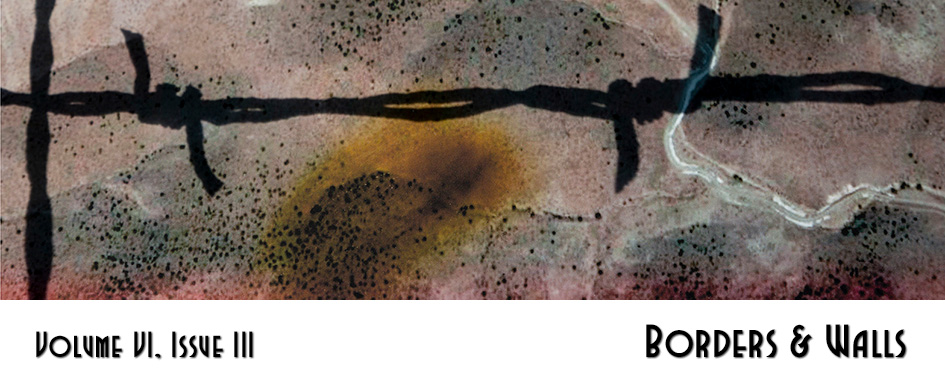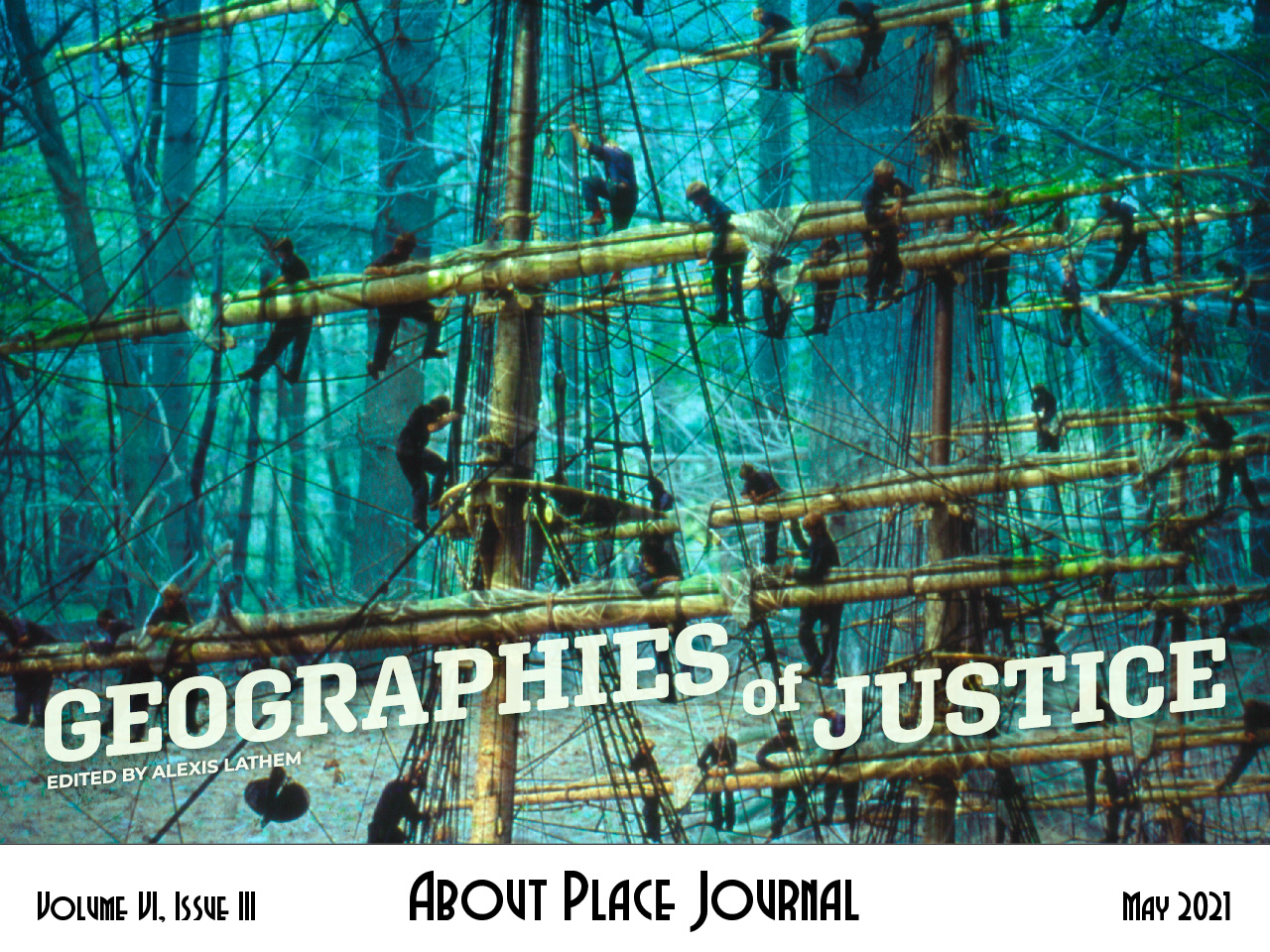The First Womxn.
Draped across her figure, I behold cotton and embroidery entwined.
Her hair is in two French braids, a single part down the middle.
Her eyes are an amber portal — an entrance to another
place, time, planet (perhaps Mars) where the whole world is amber or sepia.
Her skin is caramel-dipped in sun, smooth like alabaster.
She could be anyone with that skin (a high-yellow Black lady, Dominican, bi-racial).
The museum has white walls, pieces displayed on them:
a womxn (or perhaps a man) presumably dead on a floor, the result of murder no doubt; a man (or perhaps a womxn) presumably dead on a floor, murdered; a series of black & white photos of a building or apartment complex, side by side; Black mourners following a coffin down a street, a million dots on their heads.
Womxn in Red, White, & Black Robe enters the space, a crowd of art-goers behold her.
She enters with a hum — soft, trance-like. It travels across the room, up and down the walls,
in and out of eardrums, hearts, eyes, spirits.
Womxn in Black.
Her hum becomes language, words drenched in sound, melody, rhythms.
She carries the hum with her hair wrapped in a black cloth, a garment flowing to her ankles.
She walks behind the first womxn, sways left and right with peace in her eyes — dark brown portals
to a world where all things are brown, as soil or the trunks of trees.
The Box.
And if you stand in the Box, you agree, wholeheartedly,
you are a citizen of the United States of America.
They step inside.
Is this a declaration?
They sit on the floor together, within the borders of the Box, holding the hum with which they entered it. Womxn in Red, White, & Black Robe recalls being a child who, if given the chance, would return to this earth after death as the sun.
She remembers that when she was a little girl, her mother bought a saddle that saw no adventures — never burdened a horse’s back in some faraway desert or forest, or grazed the cud near mountains or rivers. Unused, it gathered dust in a garage.
Womxn in Black savors her every word, as though it is a meal — the sun (delicious)/the saddle (delicious). The first womxn’s story has entered her body, is traveling through her veins, mingling through her blood, dancing in the spaces between her teeth, finding warmth in the crevices of her thighs. She speaks of home, of being a child excited to go to school, in awe of children in colorful uniforms and then . . . war . . .
it is, it nourishes all who have heard it.
They rise together, the two womxn. They leave the Box.
They gather themselves and their stories and
cross an American border; a representation on a white wall.
It is an exodus,
a song,
a declaration.


